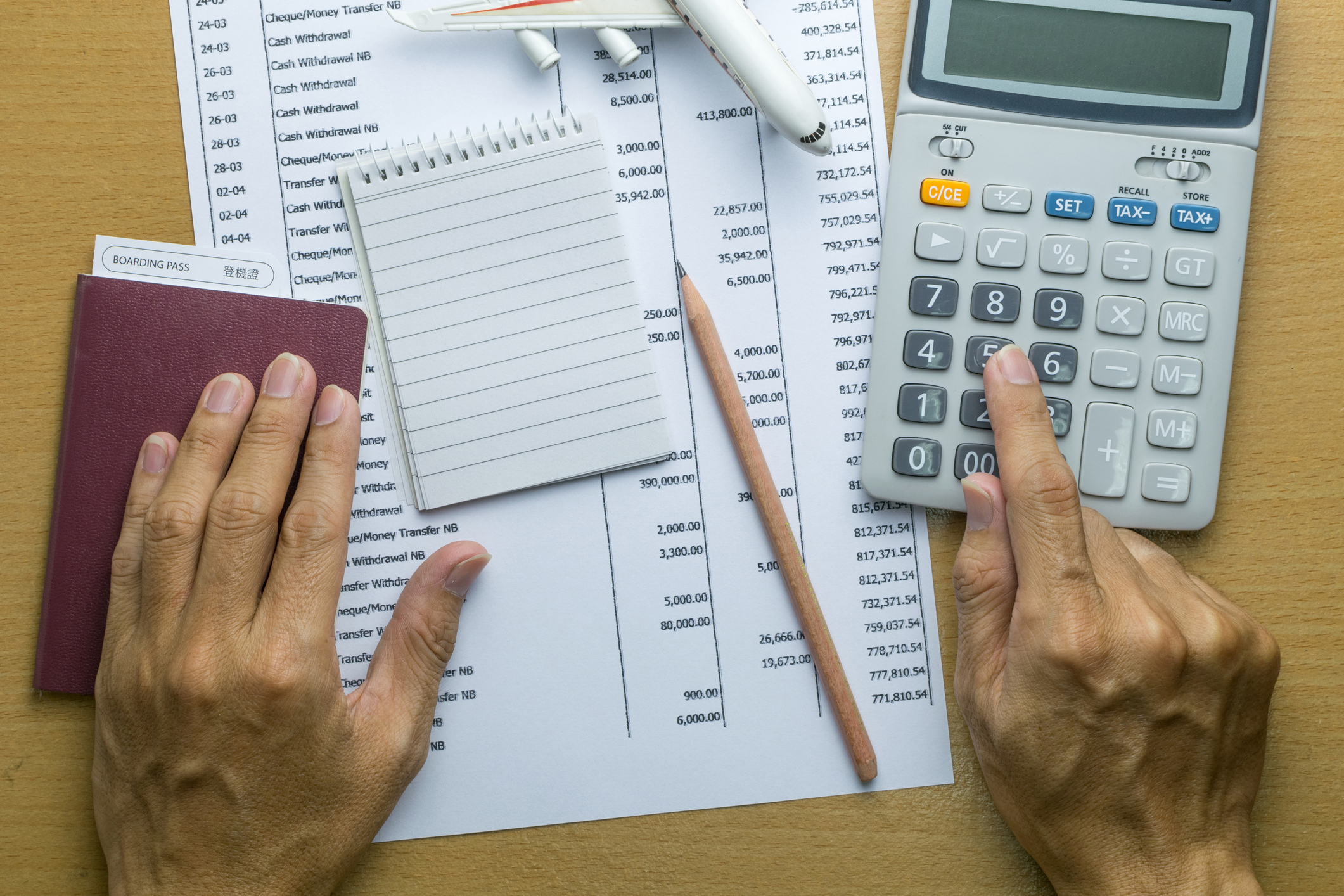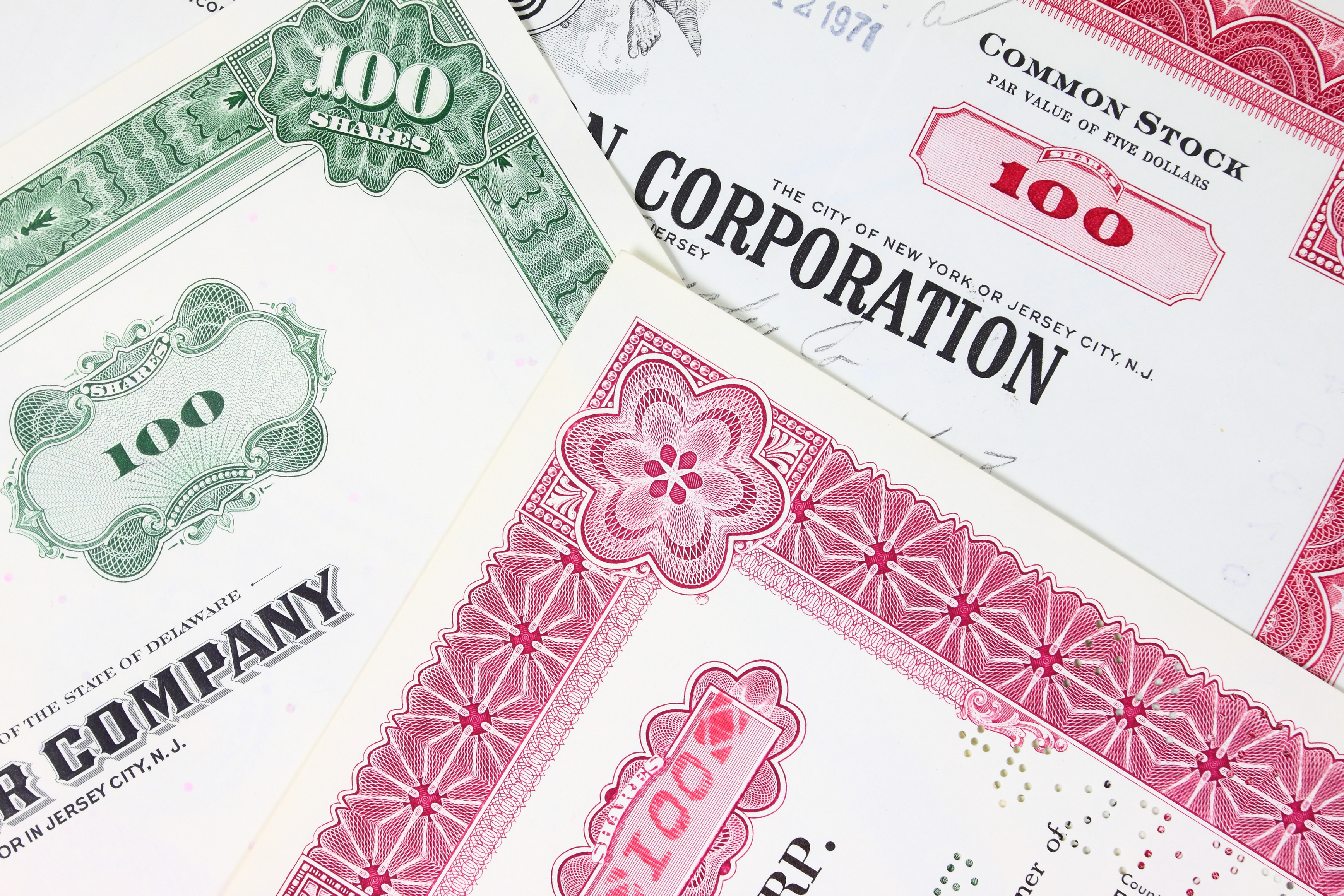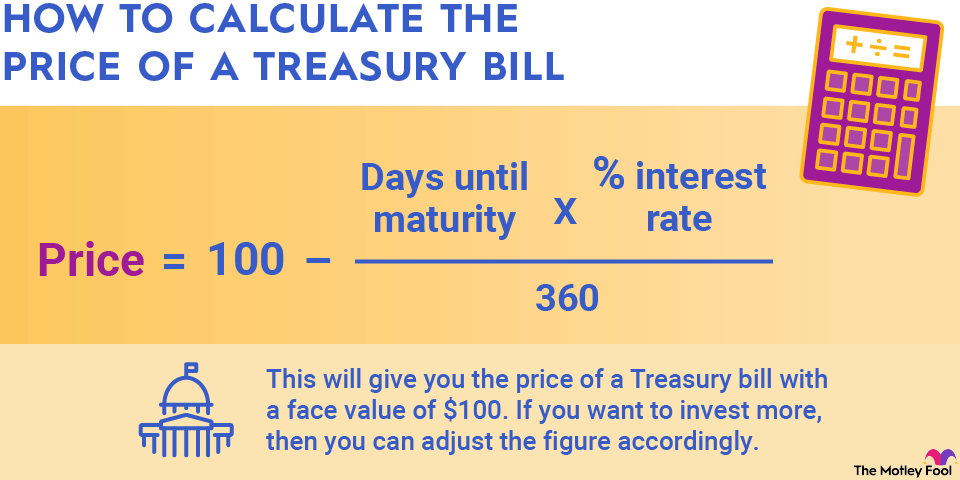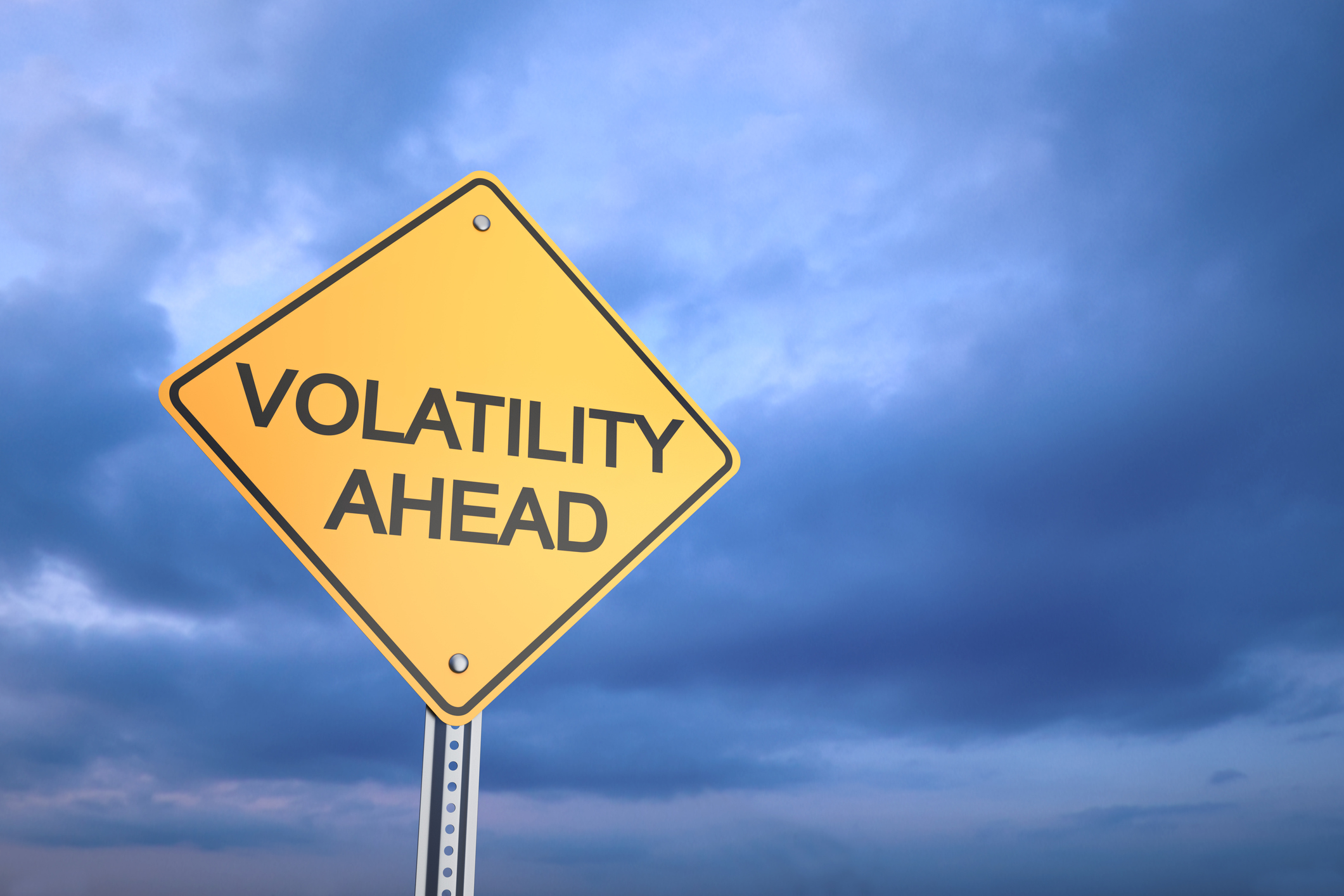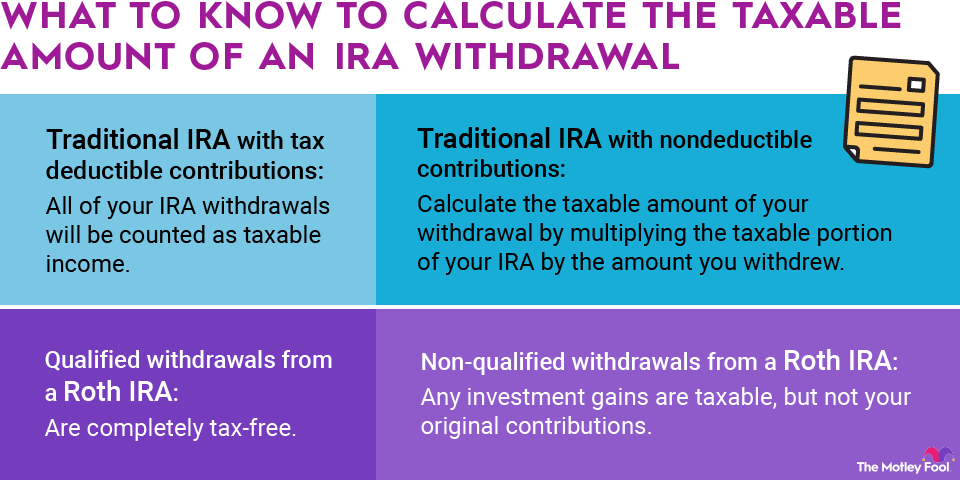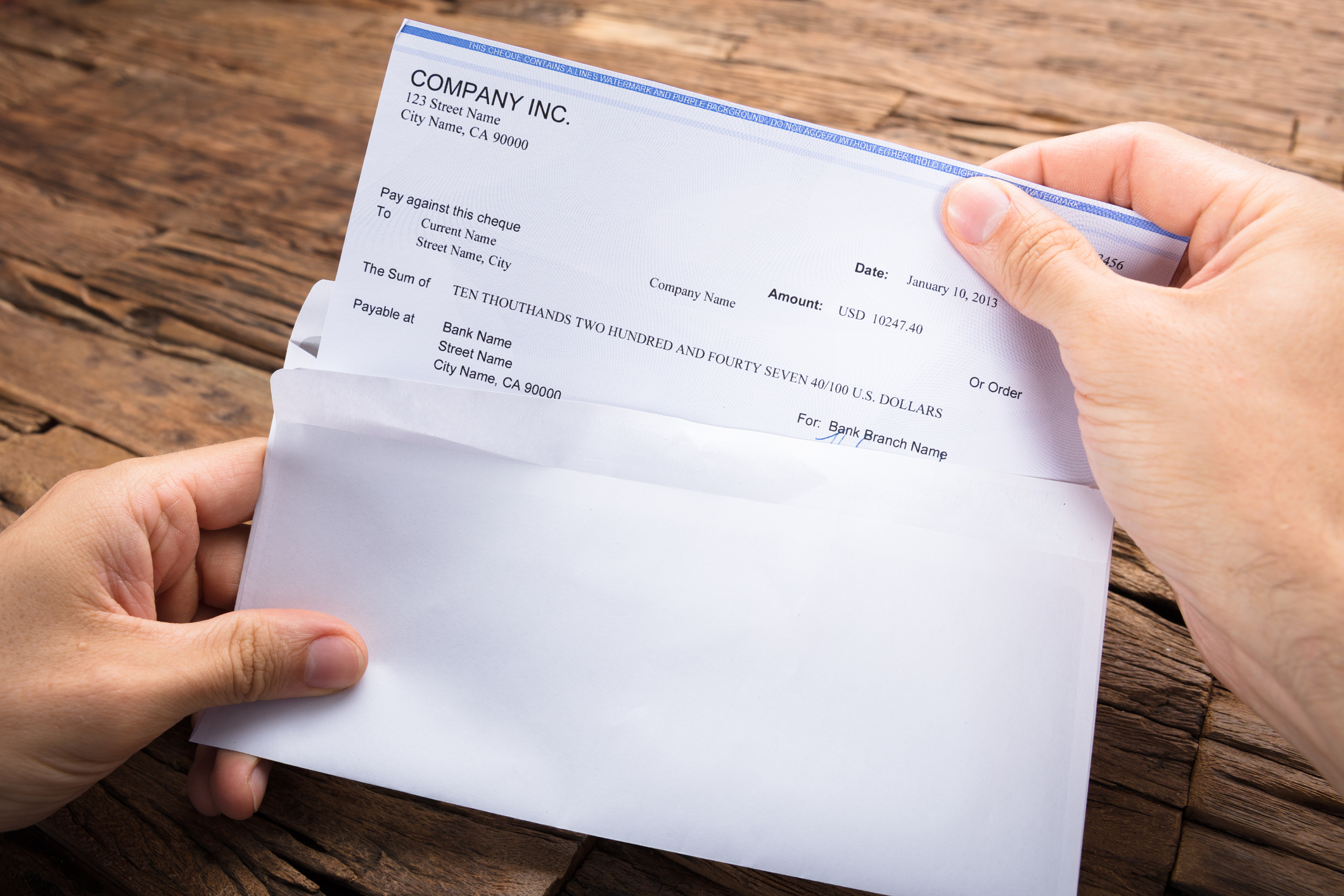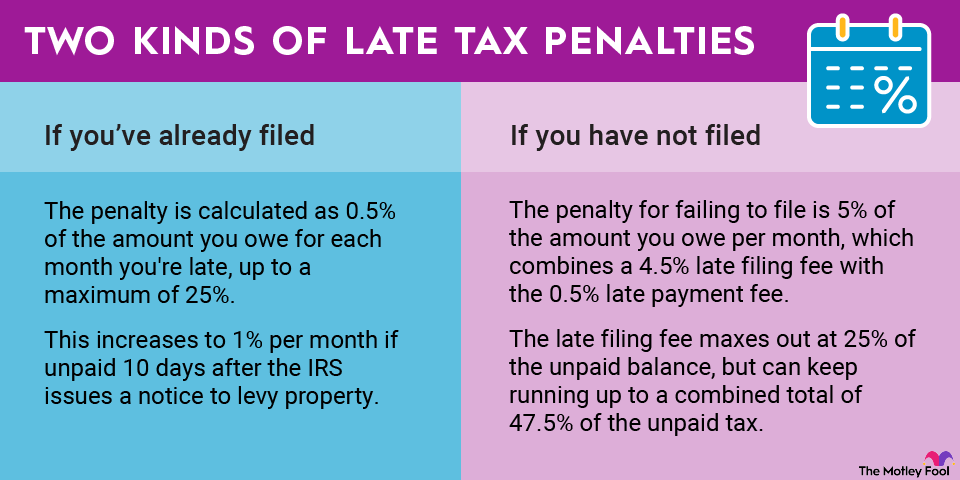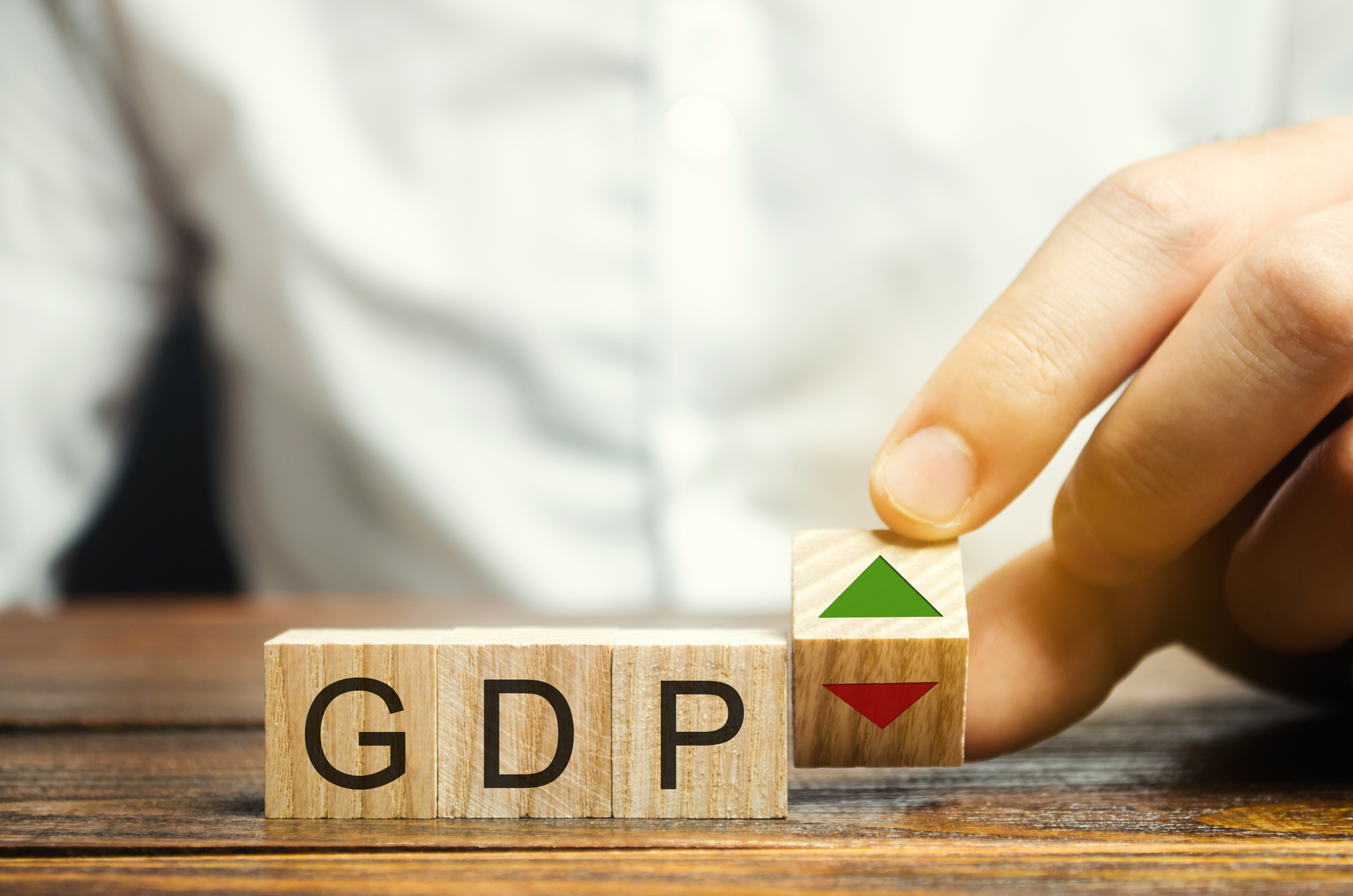Perhaps the best picture of a company's current finances, discretionary cash flow refers to the portion of revenue a company has left after all mandatory payments, such as wages, are paid and all projects are financed. This is the money the company has left over to pay to shareholders, pay out bonuses, pay down debt, and other uses as decided by management.

Calculating discretionary cash flow
- To calculate discretionary cash flow, start with the company's pre-tax earnings.
- Next, add back in all non-operating expenses and subtract non-operating income.
- Add any nonrecurring expenses and subtract nonrecurring (one-time) income.
- Add depreciation and amortization expenses.
- Add the interest expense and subtract interest income (if any).
- Add a single owner's total compensation.
- Adjust any compensation to owners to market value -- that is, what the company would have to pay a (non-owner) employee to do the same job.
Not an exact science
Discretionary cash flow is important when valuing a business, both from the standpoint of a seller and potential buyers. For this reason, it is also referred to as "seller's discretionary income" or "owner's discretionary income" when the respective parties are doing the calculations.
For buyers, knowing a business' discretionary cash flow can give an accurate idea of how much return on investment they can expect and can help them determine what a fair price to pay would be based on their required rate of return. Similarly, sellers can use their discretionary cash flow when determining the asking price for their business.
It's also important to point out that different buyers' calculations of discretionary cash flow from a business' financials can vary significantly -- even for the exact same business. For example, if a seller of a convenience store actively manages it by himself, and a prospective buyer plans to take a more passive role, their discretionary cash flow calculation may take additional labor expenses into account.
Related investing topics
Or it's not uncommon for buyers and sellers to disagree on what constitutes a "one-time" expense. If an owner renovates his office space, it can be considered a one-time expense. On the other hand, if the buyer plans on updating the space every couple of years, it may be seen as more of an ongoing business expense.
The point is that a business produces a certain income level for its seller and could produce a completely different income for a buyer. Therefore, discretionary cash flow depends somewhat on who's crunching the numbers.
